How to Improve Mental Health Without Medication
There is a widespread misconception that pharmacology and psychotherapy are wholly necessary to treat chronic mental health disorders. While chemical imbalances and past traumatic experiences contribute to major depressive disorder and other mental health conditions, lifestyle factors must also be considered influencers of our emotional well-being. Understanding how certain choices affect your mental wellness can equip you with the tools you need to improve your mental health without medication.
What Are Therapeutic Lifestyle Changes
Therapeutic lifestyle changes (TLCs) influence health and include factors like diet and nutrition, exercise, time in nature, relationships, and recreation. Physicians have prescribed TLCs since the beginning of medicine, and only in modern times have they been neglected as a valid treatment for mental illness. Hippocrates suggested treating melancholia, now called depression, with exercise and dieting (as well as bloodletting and bathing). Muslim physicians of the Middle Ages emphasized the importance of diet, exercise, and emotional support. Following the Dark Ages, enlightened European physicians included dietary measures, exercise, herbal remedies, music therapy, and travel as part of their treatment plans.
It wasn’t until the mid-20th century when smoking was finally recognized as a lifestyle choice that greatly contributed to lung cancer, that the idea that lifestyle factors can influence health (both physical and mental) was once again put on the table for examination. It is now widely understood that choices such as smoking, excessive alcohol consumption, inactivity, and poor diet can individually and synergistically influence physical health. Following this lightbulb realization, the term “lifestyle disease” was coined and now includes conditions such as cancer, heart disease, liver disease, type 2 diabetes, metabolic syndrome, and obesity.
There is also a direct correlation between our lifestyle choices and our mental health. This is partly because physical health and emotional well-being are inextricably linked. But also because, like physical health, mental health is multifaceted, and we have more control than we have been led to believe. Chronic depression, anxiety, or any other mood disorder can leave you feeling like you’ve lost all control and that you are forever at the mercy of your mind. But this doesn’t have to be your forever reality. Reality is the result of perception, and by changing our perception of mental illness, we can change the way we treat it; we can regain control.
It is time we take an integrative approach to mental health by looking beyond symptom suppression. To obtain mental wellness, creating an internal and external environment conducive to a harmonious emotional state is imperative. And while interventions may include cognitive behavioral therapy and antidepressant medication, they must include healthy lifestyle practices (i.e., enough sleep, omega-3 fatty acids and other essential nutrients, regular exercise, etc.) that support both physical and emotional health.
How to Improve Your Mental Health Without Medication
Research has shown that TLCs are sometimes as effective in the treatment of depression as psychotherapy or pharmacotherapy, but without the stigma, expense, and undesirable side effects. If you are one of 50 million Americans with a mental health condition, here are five ways you can improve your mental health without medication starting today.
Clean Up and Supercharge Your Diet
Diet is one of the most important lifestyle factors directly affecting health. Your brain and gut microbiome (often called the second brain) require specific nutrients to perform their jobs optimally and keep your mind and body in perfect working order. Some of the trillions of microbes in your gut help synthesize neurotransmitters and send chemical messages to the brain to regulate appetite, sleep, mood, and emotions. The production of serotonin, norepinephrine, and dopamine, significant in the pathophysiology of mental illness, depends on building blocks of amino acids and minerals such as folate and B vitamins. In fact, deficiencies in B12 and folate have been linked to symptoms of depression such as low mood, fatigue, and irritability.
So, how exactly do you eat for mental health? By eating a gut-brain healthy diet! This includes lots of fruits, vegetables, legumes, whole grains, and lean protein. Say goodbye to processed, high fat, high sugar, empty calorie foods, and hello to high fiber, colorful, nutrient-dense, whole foods. Imagine you are eating for the way you want to feel. A good starting point for creating your ideal gut-brain diet is the Mediterranean diet, which has been associated with a decrease in the incidence and prevalence of depression.
Get Moving
It’s time to start moving! More than 60% of Americans don’t engage in enough regular physical activity, and approximately 25% of U.S. adults are actually labeled inactive. This is highly problematic. Exercise reduces the risk of multiple diseases ranging from cancer and cardiovascular disease to type 2 diabetes and neurodegenerative disorders. Exercise also has therapeutic benefits for individuals suffering from mild to moderate depression, anxiety, and chronic stress.
Aside from the release of endorphins (feel-good hormones) that occur when you engage in physical activity, regularly exercising can improve self-esteem, interrupt negative thoughts and rumination, and possibly “break down muscle armor, the psychosomatic muscle tension patterns that express emotional conflicts,” according to The Body in Psychotherapy by EWL Smith.
Depression can make you feel stagnant, and sometimes just getting up, getting your blood flowing, and changing your environment is enough to provide some relief. Now, if you make regular exercise a habit and do it in a way that you genuinely enjoy, imagine the possibilities for mental health improvement.
Go Outside
Here are two shocking statistics to get us started: Americans spend 90% of their lives indoors, and 42% of us are deficient in vitamin D (the sunshine vitamin). What’s the link? Vitamin D provides multiple neural functions, and deficiencies have been associated with cognitive impairment, depression, bipolar disorder, and schizophrenia. The sunshine vitamin (also found in mushrooms and egg yolks) works as a neurotrophic (supports the growth, survival, and differentiation of neurons), antioxidant, and anti-inflammatory.
While vitamin D supplements are often recommended, the best source of vitamin D is from the sun. You can get ample amounts of vitamin D-producing rays by spending some time outdoors in the sunshine daily, which also has mental health benefits.
According to a Nielsen Total Audience Report, many of us spend more than 10 hours a day staring at the screen, so it’s no wonder we feel fried, stressed, scattered, and blue. Mother Nature can be a great natural antidepressant. Based on the biophilia hypothesis, because our ancestors evolved in wild environments and relied on nature for survival, we have an innate yearning to connect with nature; it’s part of who we are, even if we haven’t recognized that yet. The loss of this connection has come at the cost of both our physical and psychological well-being.
Spending time outdoors, even in urban green spaces, has been shown to lower stress, enhance mood, and reduce the risk of psychiatric disorders. The American Psychology Association describes spending time in nature as a “balm for our busy brains.” Even just listening to sounds of nature (i.e., bird songs, a babbling brook, ocean waves crashing) can provide benefits for your emotional wellness—that’s how powerful of a healer Mother Nature is.
Build Positive Relationships
Homo sapiens are a social species. We are hardwired to need social connections. A sense of belonging and community is essential for our well-being. While some of us are more social than others, we all need to feel like we have a support system and are part of something outside ourselves. One of the common threads between some of the longest-lived people in the world is belonging (as well as a sense of purpose, a naturally active lifestyle, a predominantly plant-based diet, and a way to release stress).
There is considerable evidence suggesting that compared with Americans in past decades, today, we spend less time with family and friends, have fewer intimate friends and confidants, and are less socially involved with community groups. Social isolation and lack of meaningful social connections have contributed to the spike in psychiatric disorders.
Today, nearly 20% of us have a mental health condition. While making new and meaningful friendships is often easier said than done and usually doesn’t happen overnight, opening your mind to the possibilities of positive relationships is a step in the right direction. Joining a group, class, club, or volunteer initiative can be a good place to start putting yourself out there and meeting new people with whom you at least share a common interest.
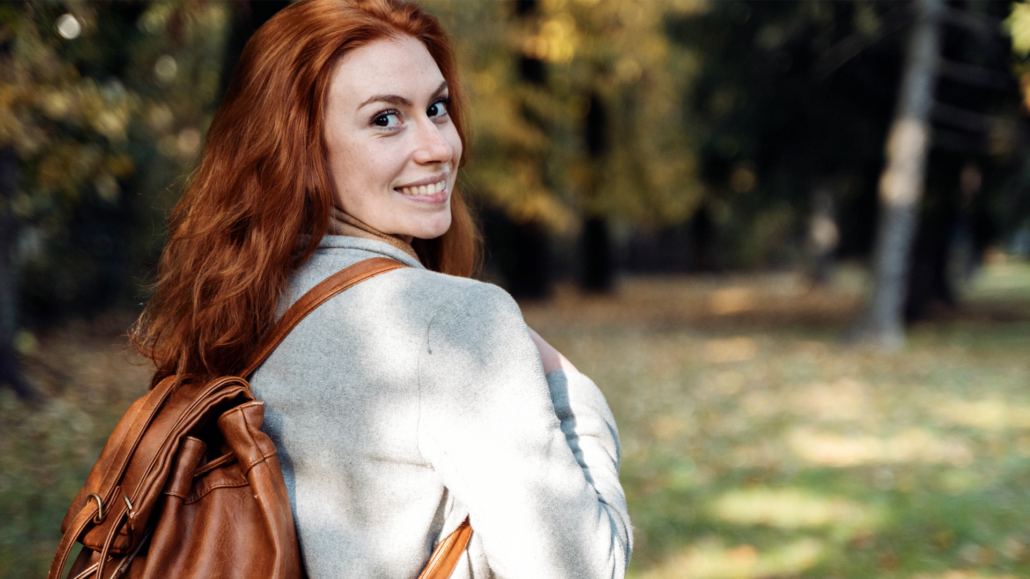
Do What You Love
Think of recreation as re-creation. Engaging in activities that elicit joy or pleasure can help promote and sustain a more positive mental state. This can be anything from writing poetry and photographing wildlife to surfing and hiking in the woods with your dog. Recreational activities often incorporate other beneficial TLCs, such as spending time outdoors, exercising, and community. Many of us get so caught up in all our daily obligations that we forget to make time for some of the things we really love to do. To improve your mental health, it is essential not to forget to make your self-care a priority.
Physical Health and Mental Health Go Hand and Hand
Poor physical health often contributes to poor mental health and vice versa. So, taking care of your emotional well-being is just as important as taking care of your physical wellness.
Disclaimer: The statements made in this article have not been evaluated by the Food and Drug Administration. Any products or treatments mentioned are not intended to diagnose, treat, cure, or prevent any disease. Please consult a licensed medical practitioner for medical advice.
At Innovative Medicine, we believe in transparency. We want you to know that we may participate in affiliate advertising programs pertaining to products mentioned herein.
See how we can help you restore complete health of body, mind & spirit.
Join our mailing list and receive exclusive offers + information!
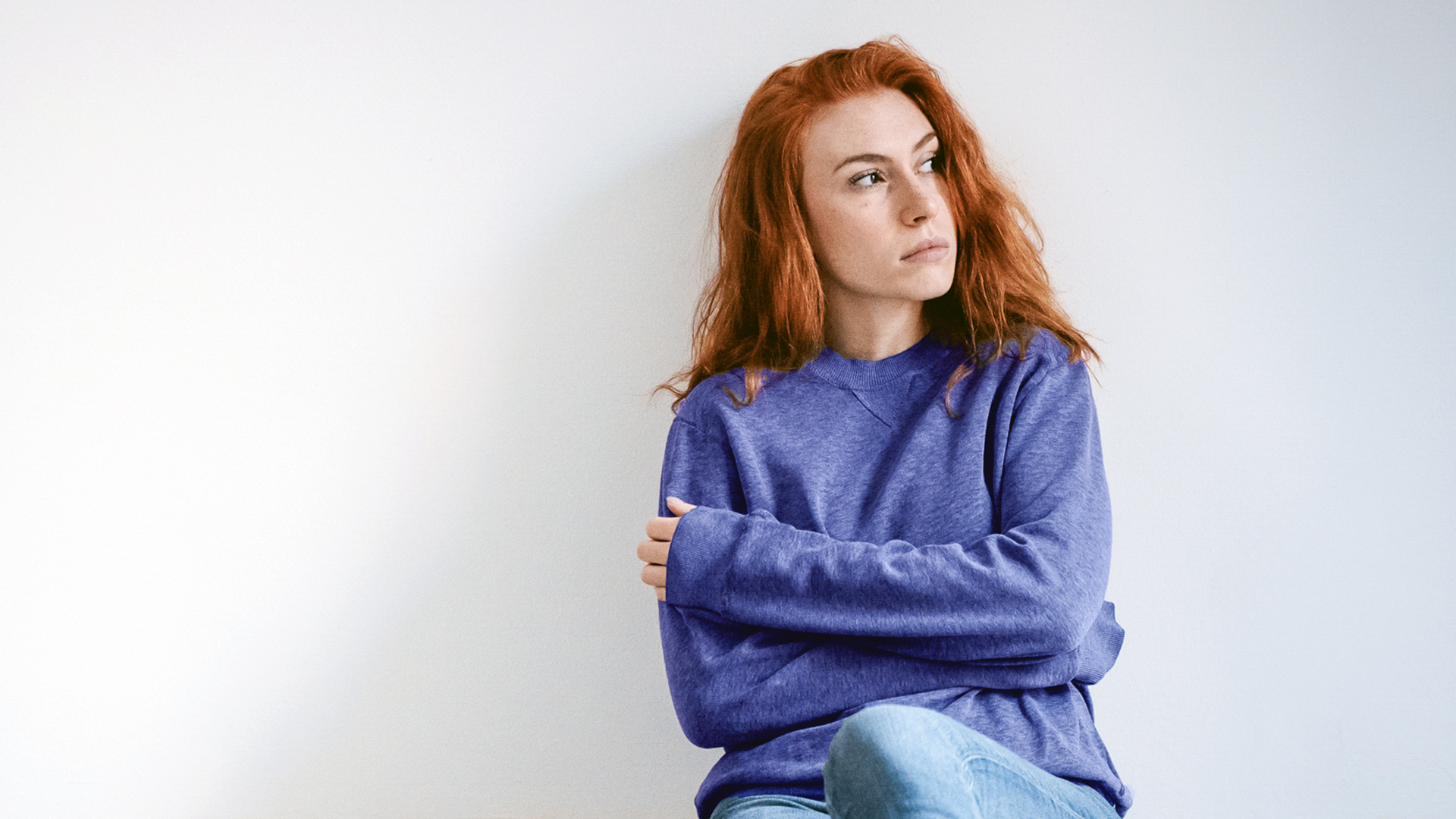
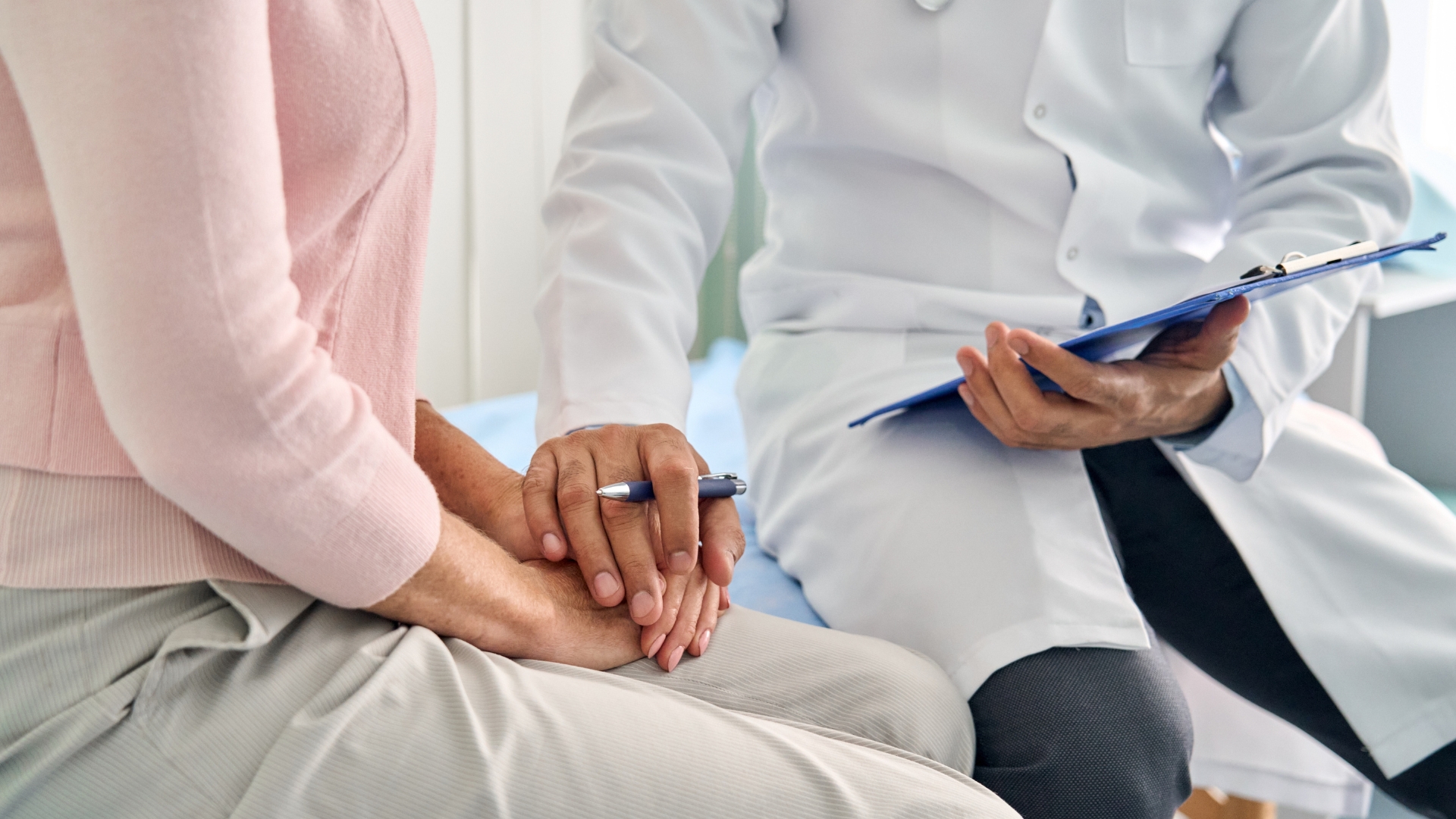

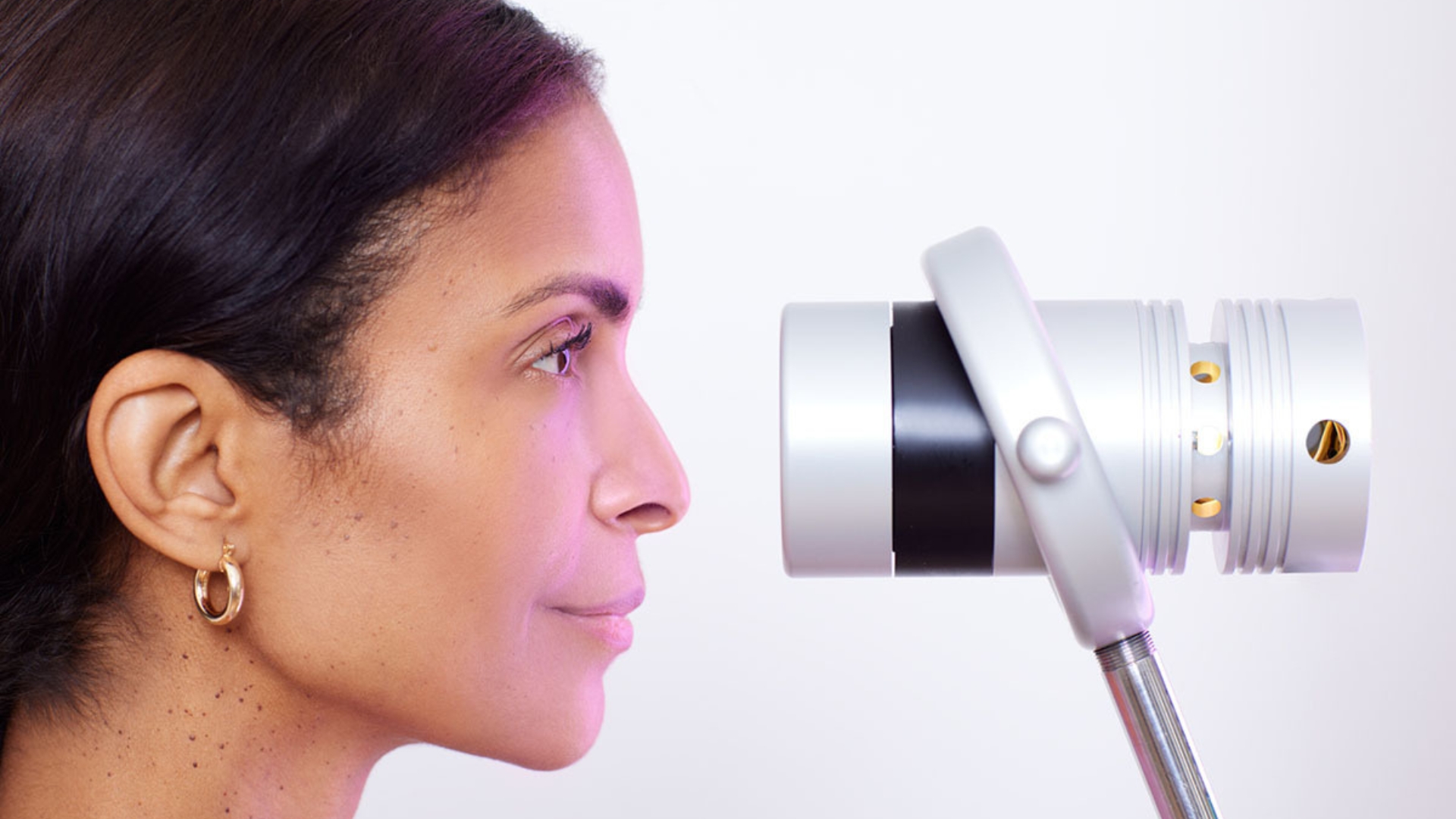

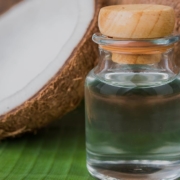
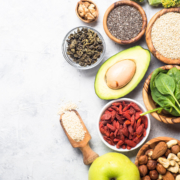
Leave a Reply
Want to join the discussion?Feel free to contribute!